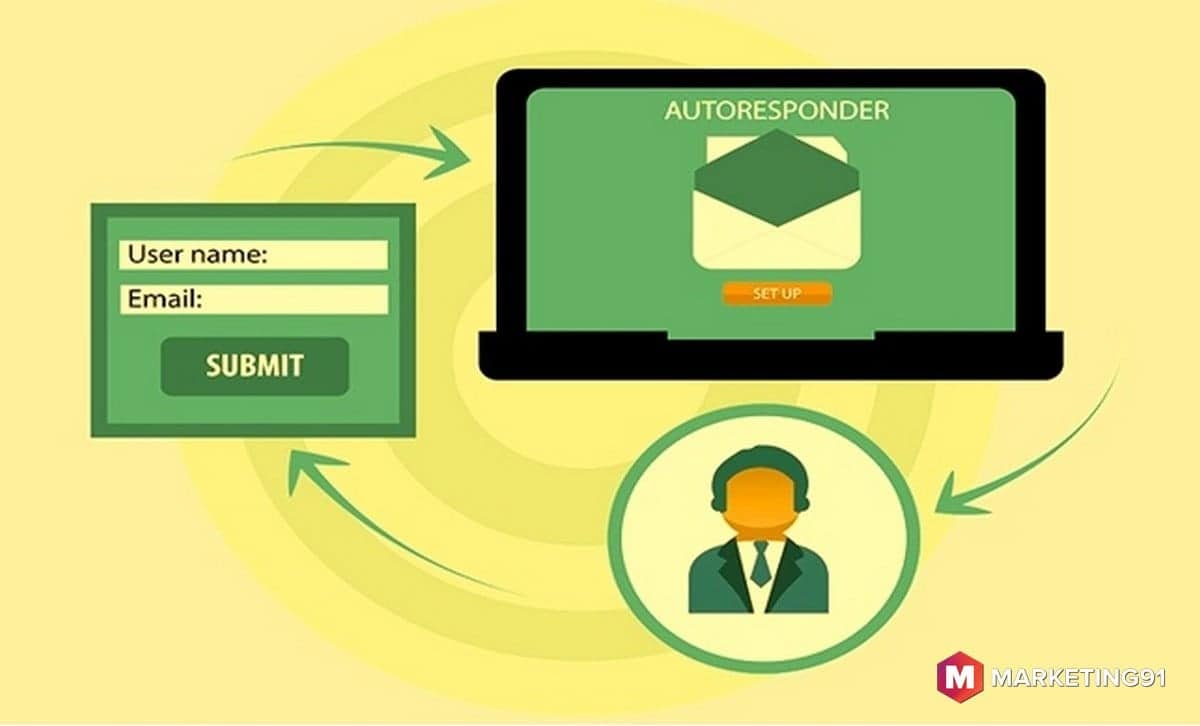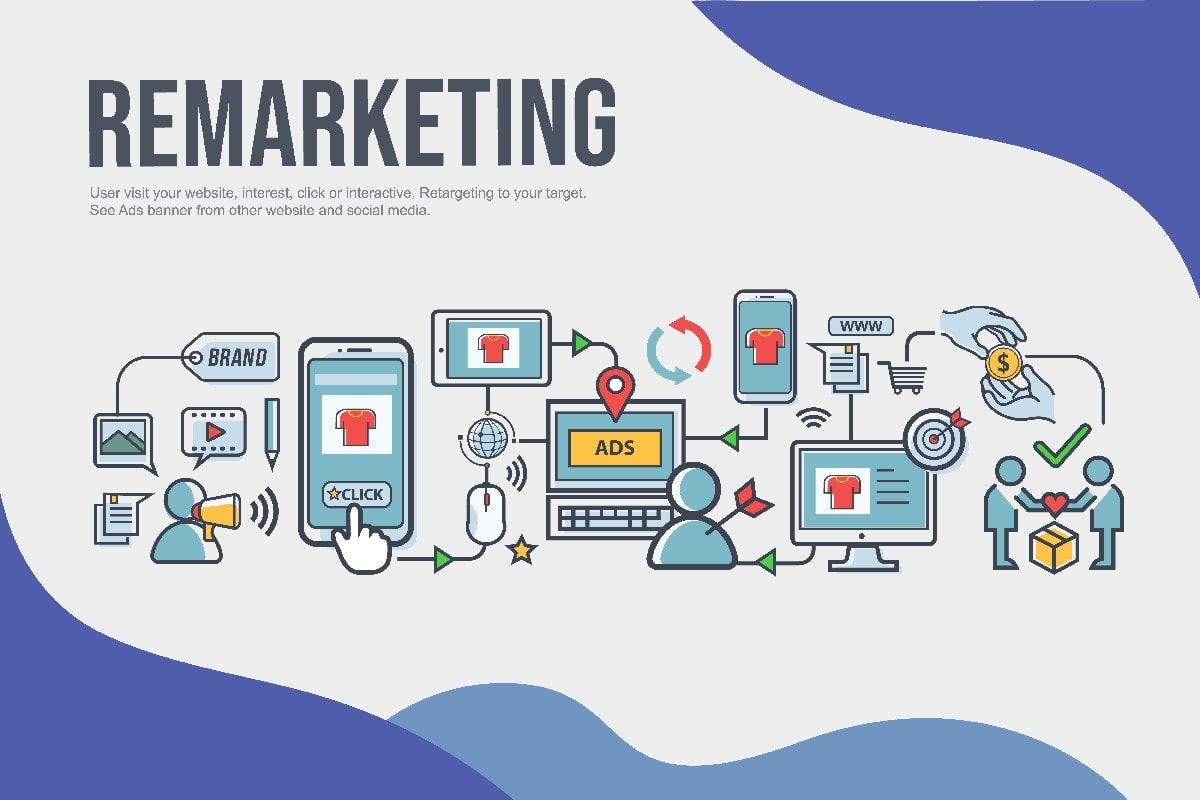
Digital-Driven Rebranding Strategy Delivers for Your Company and Your Customers
Digital-Driven Rebranding Strategy Delivers for Your Company and Your Customers
Even the most change-resistant marketers today must admit that the world has gone digital. You, your employees, your company, and your customers set aside analog marketing assets more and more every day with your optimized digital assets pushing outward from their already prominent front and center position.
Your website, app, and social media presence have converted the analog marketing standards of yesteryear to a faint shadow cast in a stale background: barely noticeable in today’s competitive landscape and easily forgotten by today’s prospects.
And yet, when it comes to brand identity updates and logo refreshes, even marketing leaders can find themselves conjuring the business cards, stationery, and even event swag as the iconic deliverables, fully aware they’re limited to representing their brand identities in the physical world. They know better, of course.
Today’s most powerful rebranding strategies must be fully driven by digital, dragging any analog remnants in their wakes. It is the time of the digital-first rebrand.
Read the case study: How Colgate-Palmolive accelerated Ad Campaign Optimization
With Adverity, the company is now able to optimize ad campaigns much faster and with more confidence, significantly improving campaign efficiency and budget allocation.
Today’s Rebrand vs. Yesterday’s Rebrand
Logo-driven brand positioning remains prevalent today, but the key is recognizing this element as a centerpiece within a much wider brand identity portfolio. The greatest brand positioning opportunities today are digital — the web presence, mobile applications, and cloud-based products — and therefore your digital rebranding effort represents a unique opportunity to refine your whole approach to storytelling.
To fully realize the return of your digital-driven rebranding effort, consider the opportunity to deepen the connection with your prospects and customers. That opportunity relies on focusing on the right things first — and your brand identifies platforms are the key.
Expect Growing Pains in the Analog-to-Digital Rebranding Process
When initiating your next rebrand, you may feel pulled toward a traditional approach, particularly if your marketing team has delivered an analog rebrand traditionally before. Planning and course-correcting during your digital rebranding project when these tendencies emerge can prevent difficulties in execution.
Make sure your designers deliver a logo and visual identity that shines in responsive layouts, uses colors that work on-screen, delivers digital-ready fonts to defend against the most common hurdles in the analog-to-digital rebrand.
Accessibility and even legibility play differently in the digital world, and even the brand voice should be evaluated and considered differently to support the digital delivery of your new brand.
Small oversights along the analog-to-digital rebranding path can accumulate in a way where minor growing pains end up shaking the foundation of your new digital branding.
Bringing Your Company’s Digital Brand Image to Life
In the ever-changing digital landscape, your brand personality is broadcast by your user experience. Given the power, your digital brand UX carries, be sure to plan carefully and invest intentionally to make sure you get the best results.
Digital should be the dominant consideration of today’s rebrand, and the application experience must be evaluated regularly across potential prospect touchpoints.
Digital should start and remain the focus for your rebranding strategy because it will ultimately deliver the best results. However, be sure the opportunities best addressed with traditional, analog approaches are neither neglected nor forgotten. The goal is to find the sweet spot where the value of a prospect contact in any particular situation is recognized and delivered appropriately given the broader context.
Primary considerations and brand focus areas for your digital marketing should include the following:
- Website
- Applications
- Social media channels
- Logo animation
- Videos
- Online ad campaigns
- Cloud-based products
The need for a digitally focused rebrand doesn’t only apply to technology companies. Even the most traditional of product companies need digital as a central component of their marketing culture to retain relevance. Digital design is changing products and industries around the world, with outdated approaches facing a steepening decline in ineffectiveness.
Today’s most effective marketing leaders understand that agility is key to building and maintaining a leading digital brand.
Better, Stronger, Faster: Your Digital Rebrand Rollout
Compared with analog-oriented brand refresh initiatives of the past, the modern digital refresh can be put in front of customers and prospects and returning measurable results at lightning speed.
Digital brand deliveries in the forms such as website refreshment, social media stream updates, and web app reskin can reveal a new brand story and visual identity across prospect groups faster than ever. This increased velocity means not only do customer connections start to deepen faster but feedback and response to the new brand return faster as well.
The response and feedback will start to return immediately from direct channels like social media engagement and form completion, and also through captured digital metrics such as unique visitors, page views, time on site, and so on.
If your digital rebranding needs adjustment or optimization, your customers and prospects will tell you one way or another soon after rollout.
Digital Rebranding Starts with a Single Step
If your latest brand effort has faced internal or external headwinds, or if your team has struggled to break from traditional process and asset creation to develop a modern, integrated digital experience, a digital-first rebrand initiative could help your company reach new heights.
Share this post
A Story AboutWebEnertia
Written by: Steve Ohanians
12 August 2021










